The Future of Fuel: Exploring the Possibilities of Gas in 2025
The Future of Fuel: Exploring the Possibilities of Gas in 2025
Introduction
In this auspicious occasion, we are delighted to delve into the intriguing topic related to The Future of Fuel: Exploring the Possibilities of Gas in 2025. Let’s weave interesting information and offer fresh perspectives to the readers.
Table of Content
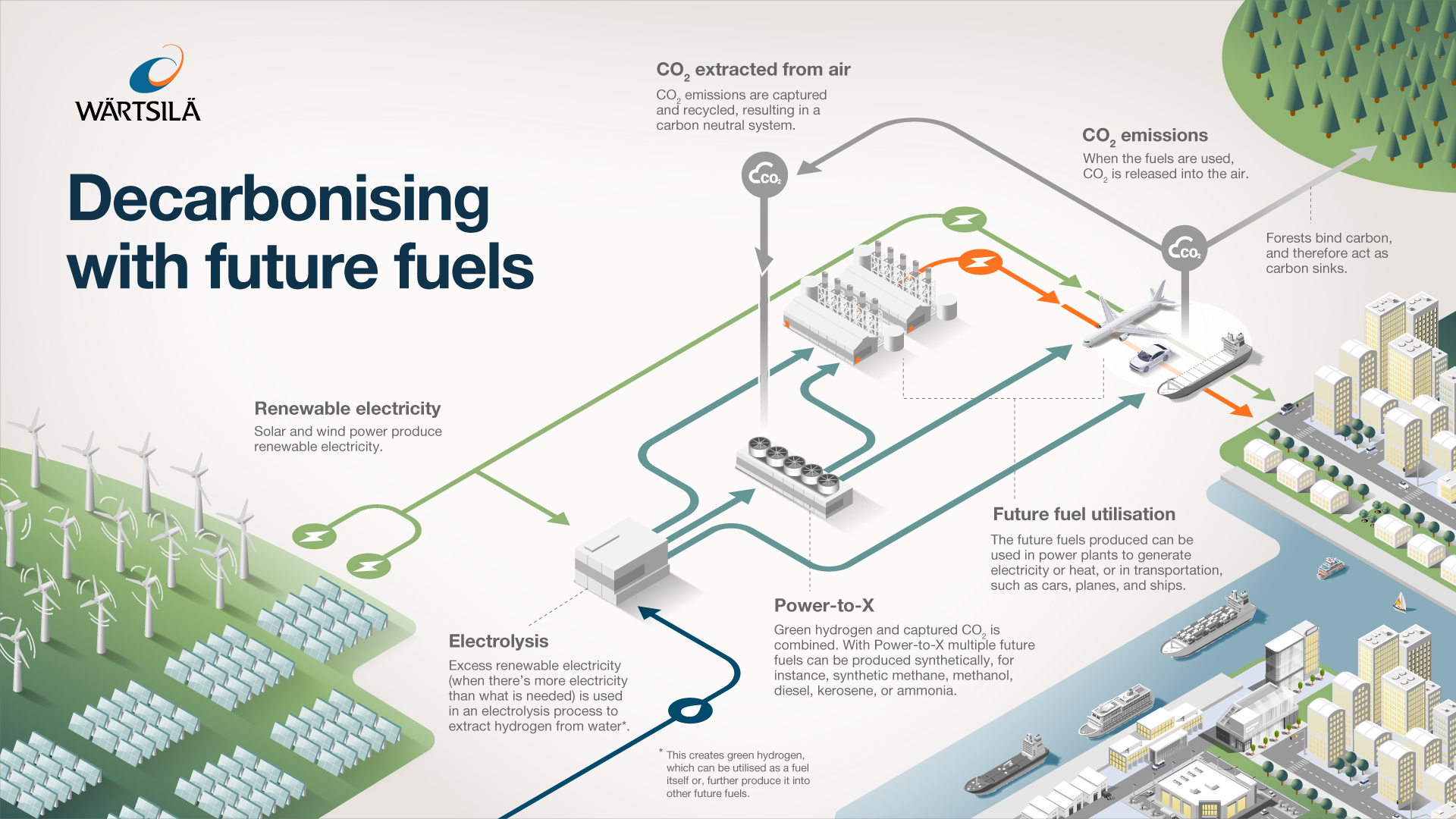
The Future of Fuel: Exploring the Possibilities of Gas in 2025
The automotive landscape is constantly evolving, with advancements in technology pushing the boundaries of what is possible. As we approach 2025, one area of particular interest is the role of gas in powering vehicles. While the transition towards electric vehicles is gaining momentum, gas remains a significant player in the global transportation system, particularly in the realm of SUVs and trucks.
Understanding the 2025 Gas Landscape
The gas used in vehicles in 2025 will likely be a blend of existing and emerging technologies, driven by factors such as environmental regulations, consumer demand, and technological advancements. Here’s a breakdown of key areas:
- Improved Efficiency: Engine technology will continue to improve, resulting in enhanced fuel efficiency and reduced emissions. This means that vehicles powered by gas will deliver better fuel economy, translating to lower operating costs for consumers.
- Alternative Fuels: The use of biofuels and synthetic fuels will likely increase. Biofuels, derived from renewable sources like plants and algae, offer a cleaner alternative to traditional fossil fuels. Synthetic fuels, created from renewable energy sources, are another promising avenue, offering the potential for carbon-neutral transportation.
- Hybrid Systems: Hybrid vehicles, combining gas engines with electric motors, will continue to be a popular option. These systems offer the benefits of both fuel efficiency and electric power, resulting in reduced emissions and improved performance.
- Fuel Cell Technology: While still in its early stages, fuel cell technology holds significant potential for the future of transportation. Fuel cells use hydrogen to generate electricity, offering zero-emission driving and potentially longer ranges than traditional electric vehicles.
The Importance of Gas in 2025
Despite the rise of electric vehicles, gas will likely remain a crucial part of the automotive landscape in 2025 for several reasons:
- Infrastructure: Existing gas infrastructure, including fueling stations and supply chains, is widespread and well-established. This infrastructure will be essential for supporting a large fleet of gas-powered vehicles in the coming years.
- Cost: Gas-powered vehicles generally have a lower upfront cost compared to electric vehicles. This affordability makes them an attractive option for many consumers, particularly those who are budget-conscious.
- Range: Gas-powered vehicles typically offer longer driving ranges than current electric vehicles, making them more suitable for long-distance travel or areas with limited charging infrastructure.
- Performance: For certain types of vehicles, like SUVs and trucks, gas engines still offer superior power and towing capabilities compared to electric vehicles.
Engaging with the Future of Gas
As we move towards 2025, it is crucial to consider the evolving role of gas in the automotive landscape. By embracing advancements in technology, improving efficiency, and exploring alternative fuels, the gas industry can continue to play a vital role in providing safe, affordable, and sustainable transportation options for millions of people.
Frequently Asked Questions (FAQs)
Q: Will gas vehicles still be around in 2025?
A: Yes, gas vehicles will likely continue to be a significant part of the automotive market in 2025. While the transition to electric vehicles is accelerating, the widespread infrastructure and affordability of gas vehicles will likely maintain their relevance.
Q: What will be the difference between gas vehicles in 2025 and those today?
A: Gas vehicles in 2025 will likely feature more efficient engines, advancements in hybrid technology, and the use of alternative fuels like biofuels and synthetic fuels. This will result in better fuel economy, reduced emissions, and potentially even longer driving ranges.
Q: Will gas vehicles be as environmentally friendly as electric vehicles?
A: While gas vehicles will still produce emissions, advancements in engine technology and the use of alternative fuels will make them significantly cleaner than current models. However, the environmental impact of electric vehicles will remain lower due to their reliance on renewable energy sources.
Q: Should I buy a gas vehicle in 2025?
A: The decision of whether to buy a gas vehicle in 2025 depends on individual needs and preferences. Consider factors like driving range, budget, and environmental concerns. If you frequently travel long distances, require a powerful engine, or are on a tight budget, a gas vehicle may be a suitable option. However, if you prioritize environmental sustainability and have access to charging infrastructure, an electric vehicle may be a better choice.
Tips for Choosing a Gas Vehicle in 2025
- Prioritize fuel efficiency: Look for vehicles with high fuel economy ratings, as this will save you money on fuel costs over the long term.
- Consider hybrid options: Hybrid vehicles offer the benefits of fuel efficiency and electric power, providing a balance between performance and sustainability.
- Explore alternative fuels: Research vehicles that can run on biofuels or synthetic fuels, as these options offer a cleaner alternative to traditional gasoline.
- Factor in long-term costs: Consider not only the upfront cost of the vehicle but also the cost of fuel, maintenance, and potential future regulations that may impact the use of gas vehicles.
Conclusion
The future of gas in the automotive landscape is complex and evolving. While electric vehicles are gaining momentum, gas will likely remain a significant player in 2025 and beyond. By embracing advancements in technology, improving efficiency, and exploring alternative fuels, the gas industry can continue to provide reliable, affordable, and increasingly sustainable transportation options for millions of people. As consumers, it is crucial to stay informed about the latest developments in the automotive industry and make informed decisions based on our individual needs and priorities.

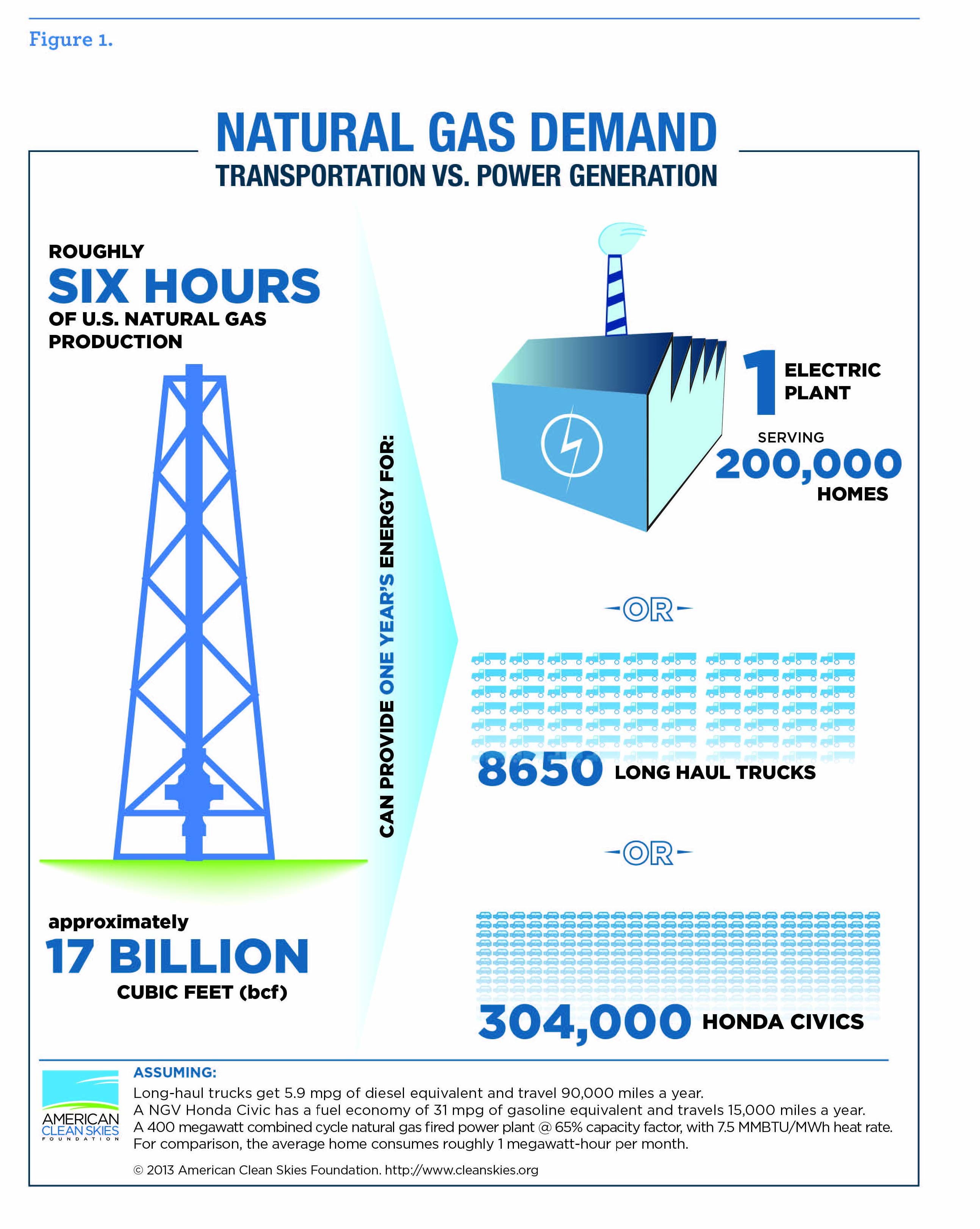
%20copy.jpg?width=1620u0026name=Blog%206%20-%20Header%20(1)%20copy.jpg)
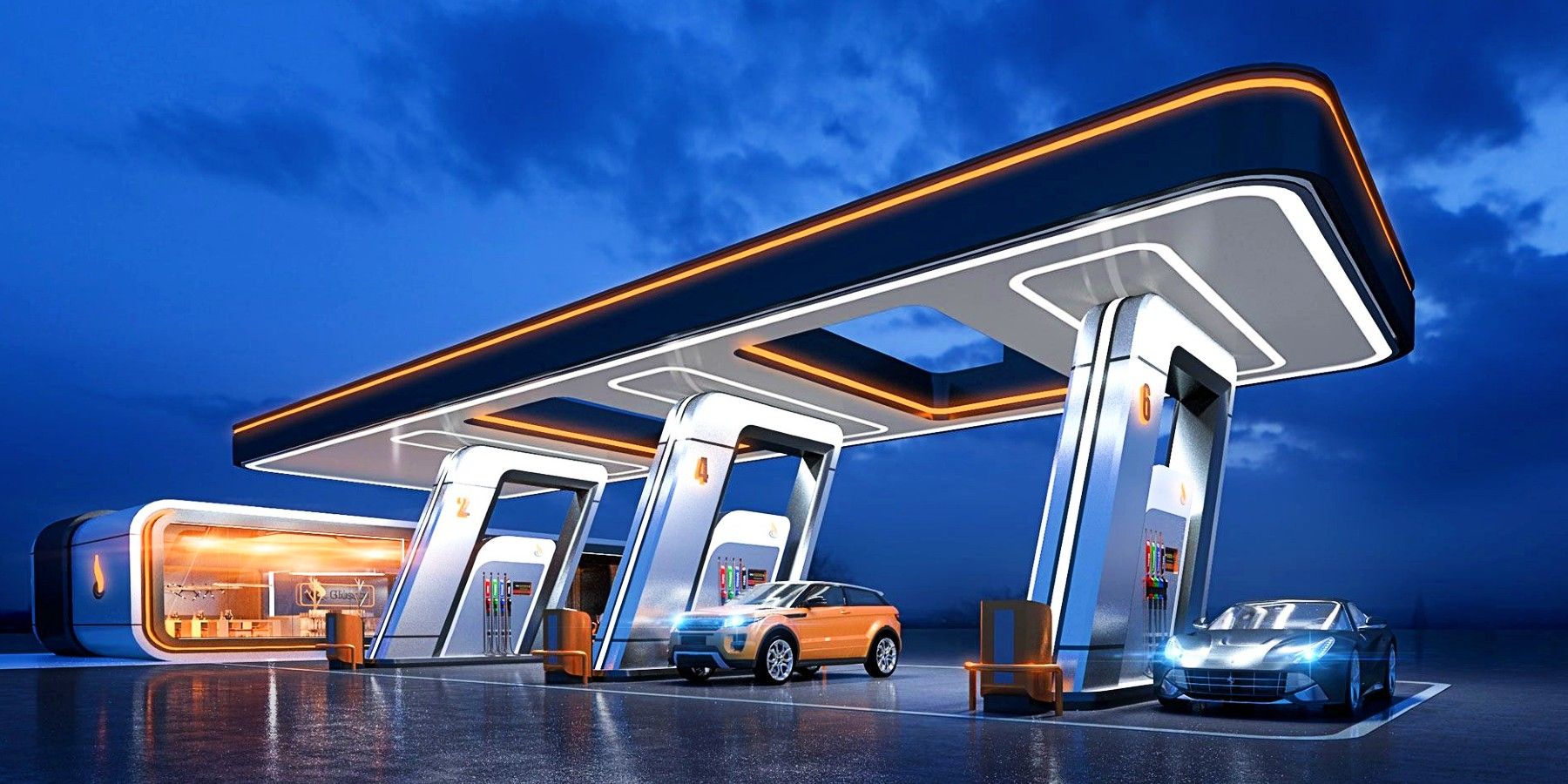

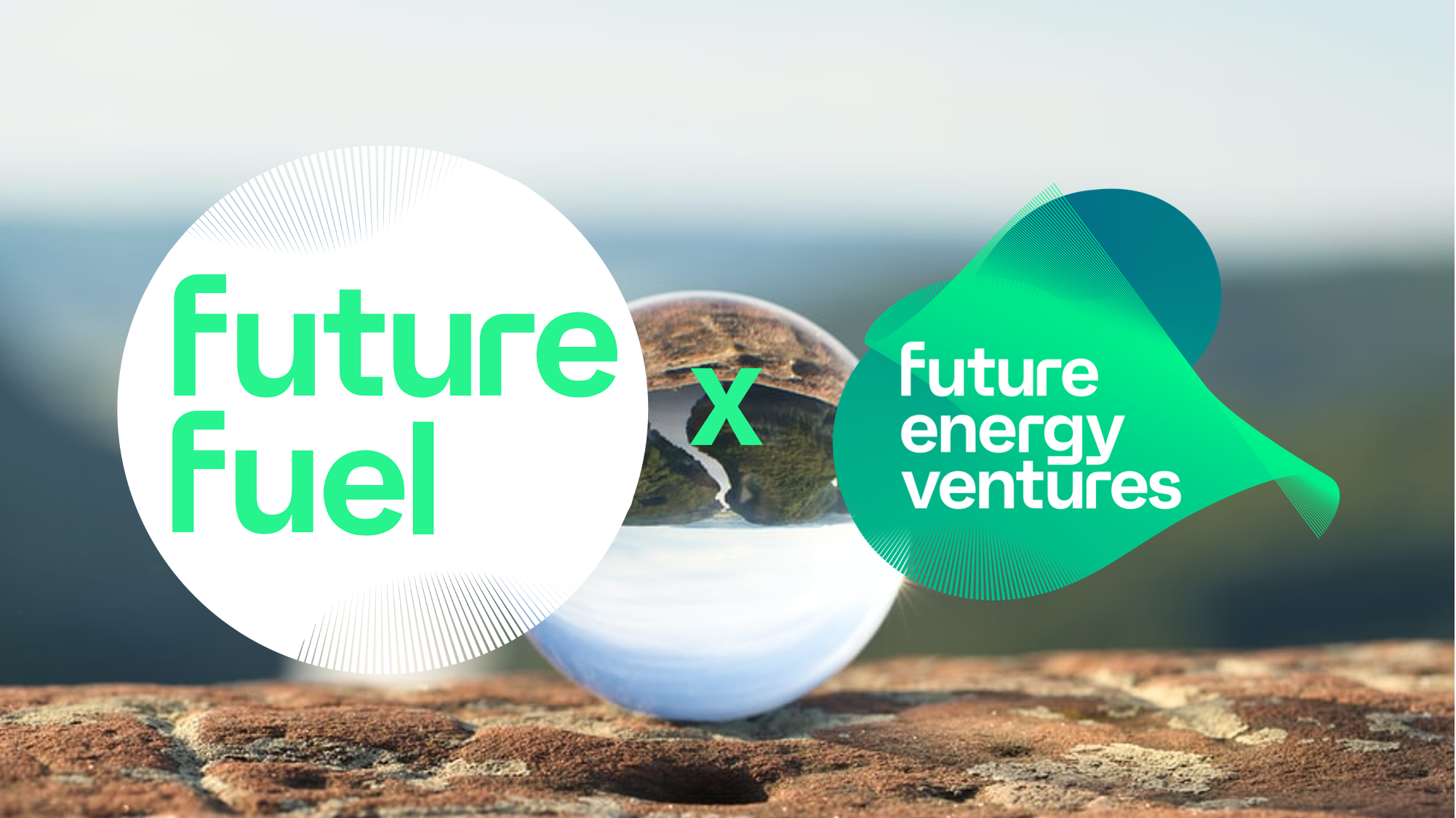
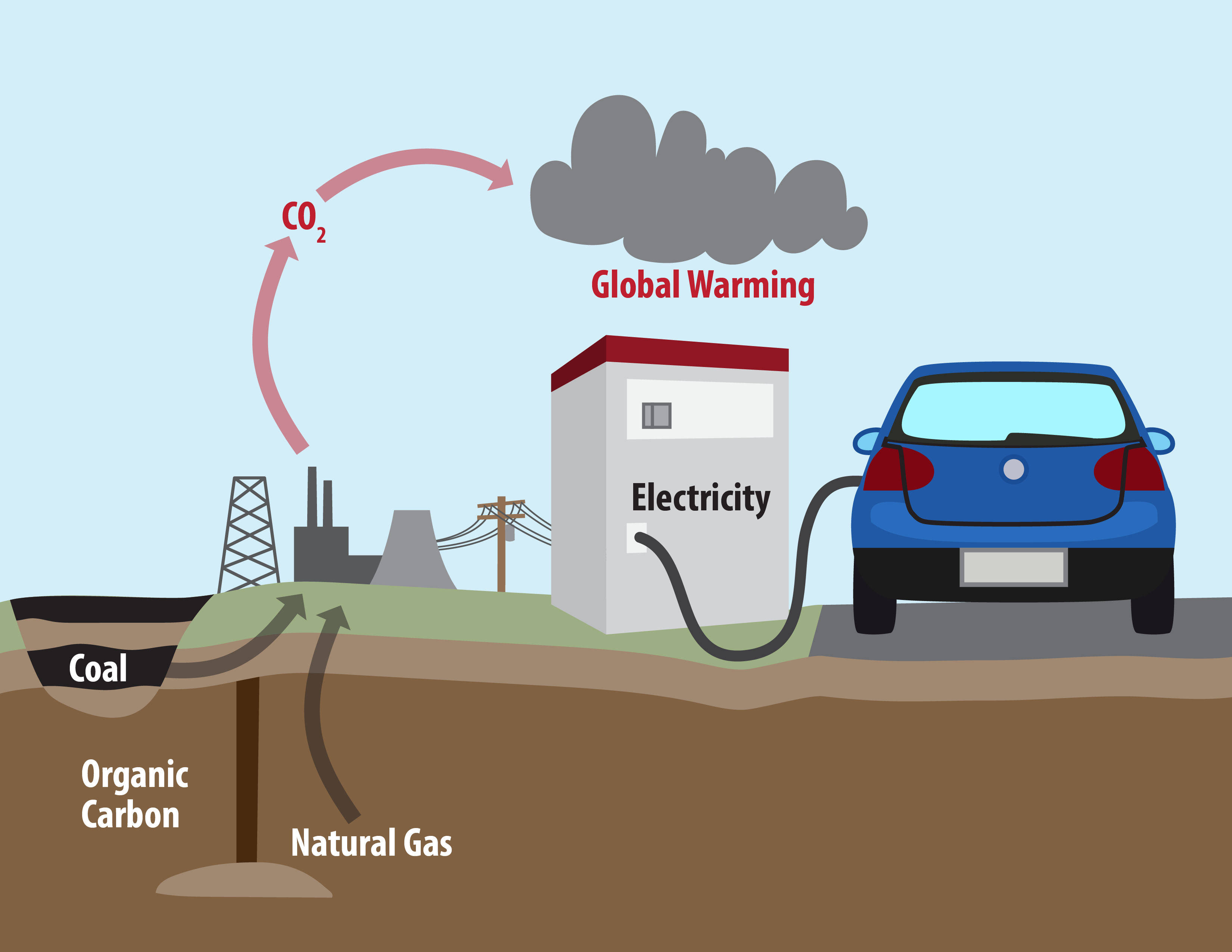
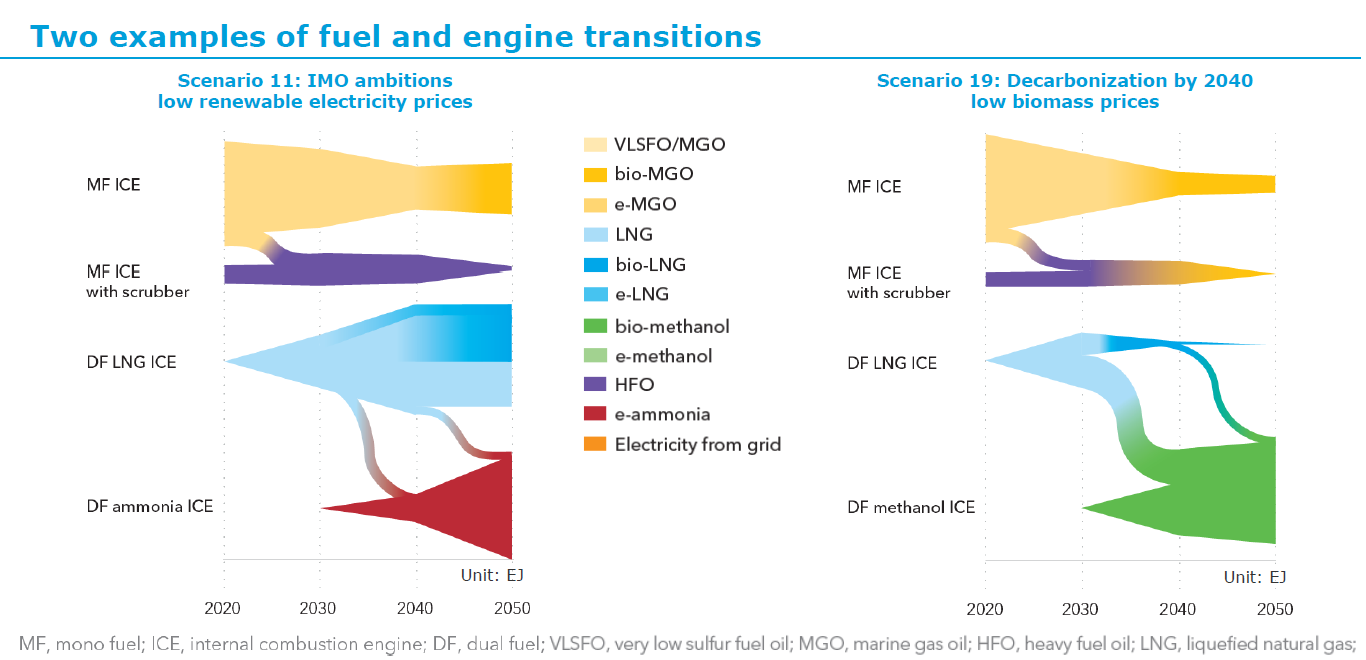
Closure
Thus, we hope this article has provided valuable insights into The Future of Fuel: Exploring the Possibilities of Gas in 2025. We hope you find this article informative and beneficial. See you in our next article!